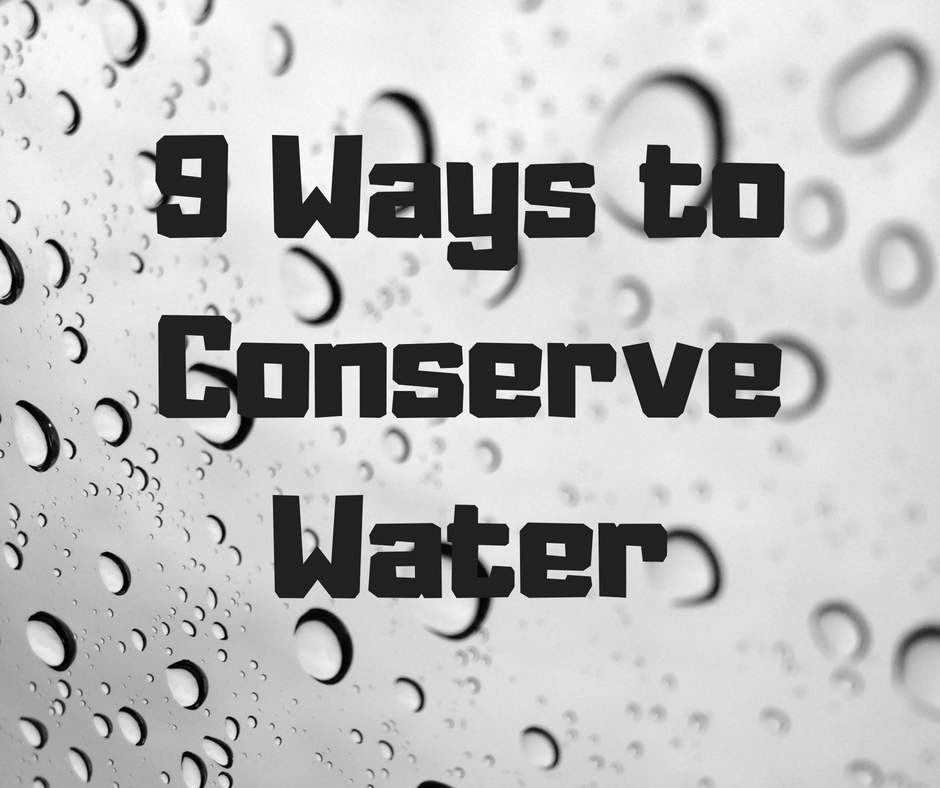 The current heatwave and drought is making us all rethink our use of water. The hosepipe ban has been in operation for a couple of weeks. Water is being restricted in some areas at night. Farmers and rural dwellers are reporting of their private wells going dry or having reduced water pressure. Given that we had an incredibly wet March and April this year, it does seem surprising that the country is short of water but that is the case.
The current heatwave and drought is making us all rethink our use of water. The hosepipe ban has been in operation for a couple of weeks. Water is being restricted in some areas at night. Farmers and rural dwellers are reporting of their private wells going dry or having reduced water pressure. Given that we had an incredibly wet March and April this year, it does seem surprising that the country is short of water but that is the case.
This may not be a ‘once in a generation’ drought. With climate change occurring, this may happen more often. Some of my suggestions for conserving water are structural, designed for long-term planning, others are habit-forming and maybe you will continue them even when water is more plentiful.
1. Using Grey Water
After giving a talk to some elderly women recently, the topic turned to the watering of gardens while we were having a cup of tea. The hosepipe ban had just come into force but these ladies weren’t just turning on the taps to fill their watering cans. Some had stopped using their dishwashers and were using the water left in the washing up bowl to water plants. Others were filling their watering cans with cold bathwater.
Many new homes are now installing ‘grey water’ systems whereby ‘laundry water’ (water from the washing machine, dishwasher and bath or shower) can be used to flush toilets, wash the car and water the garden. As there will be detergents in this water, it requires a grey water treatment system as well as holding tanks.
2. Rain Water Harvesting
Rain water harvesting can be as simple as letting a water butt fill at the end of the down pipe from a gutter. This water can be used to water the garden and wash the car.
Rain can also be harvested from roofs or collected in underground tanks but it is important that the correct filters (sediment and carbon) are used. Rain water can be used for flushing toilets and for washing.
3. Turn Off The Tap
It may seem obvious but many of us forget to turn off the tap when brushing our teeth. When in the shower, turn off the water when you are soaping your body or scrubbing your hair and just turn back on the water to rinse off.
Having a shower will use less water than a bath but not if you’re having a long shower (and if it’s a power shower). An average shower uses ten litres of water a minute.
4. Save Running Water
If you’re running a tap waiting for cold water to run colder or for hot water to come through, let it run into a watering can and use it to water the garden. It’s also a good idea to keep a jug of water in the fridge to keep it cold rather than running the tap.
Leave a basin in the kitchen sink to save water used for rinsing vegetables and fruit or water glasses. It can be surprising how much accumulates.
5. Bucket rather than Hose
Use a couple of buckets of water and a cloth to wash your car rather than using a hose. Some commercial car washers use recycled water so are another option for cleaning your car.
6. Morning and Evening Watering
Water plants in the morning or evening when the temperature is cooler in order to reduce the amount that will evaporate. This also prevents risk of the leaves burning up too (water sizzling on them in hot sun).
7. Applicances
Either don’t turn on your dishwasher or washing machine unless they are full or choose ones that offer a variety of cycles and partly-full wash choices.
8. Repair Leaks
A tap dripping at one drip per second can waste up to 4,500 litres of water per year. Repairing a leaking tap may be as easy as replacing a washer.
9. Flushing the Toilet
Older toilets may use more water for flushing than necessary. A cistern insert can reduce the volume of water per flush. The insert works by displacing water (the volume of the immersed object will be equal to the volume of the displaced fluid) so the cistern doesn’t require as much water per fill.
Dual flush toilets give the user the option of a regular flush or a low flush. They are available in new and retrofit designs. Ensure children know how to use them properly so they aren’t wasting water.
We hope you enjoy the good weather and that the drought ends soon – but by only raining at night! Remember to conserve water all year round though. It’s easy to do once you get into the habit and install the relevant devices.





